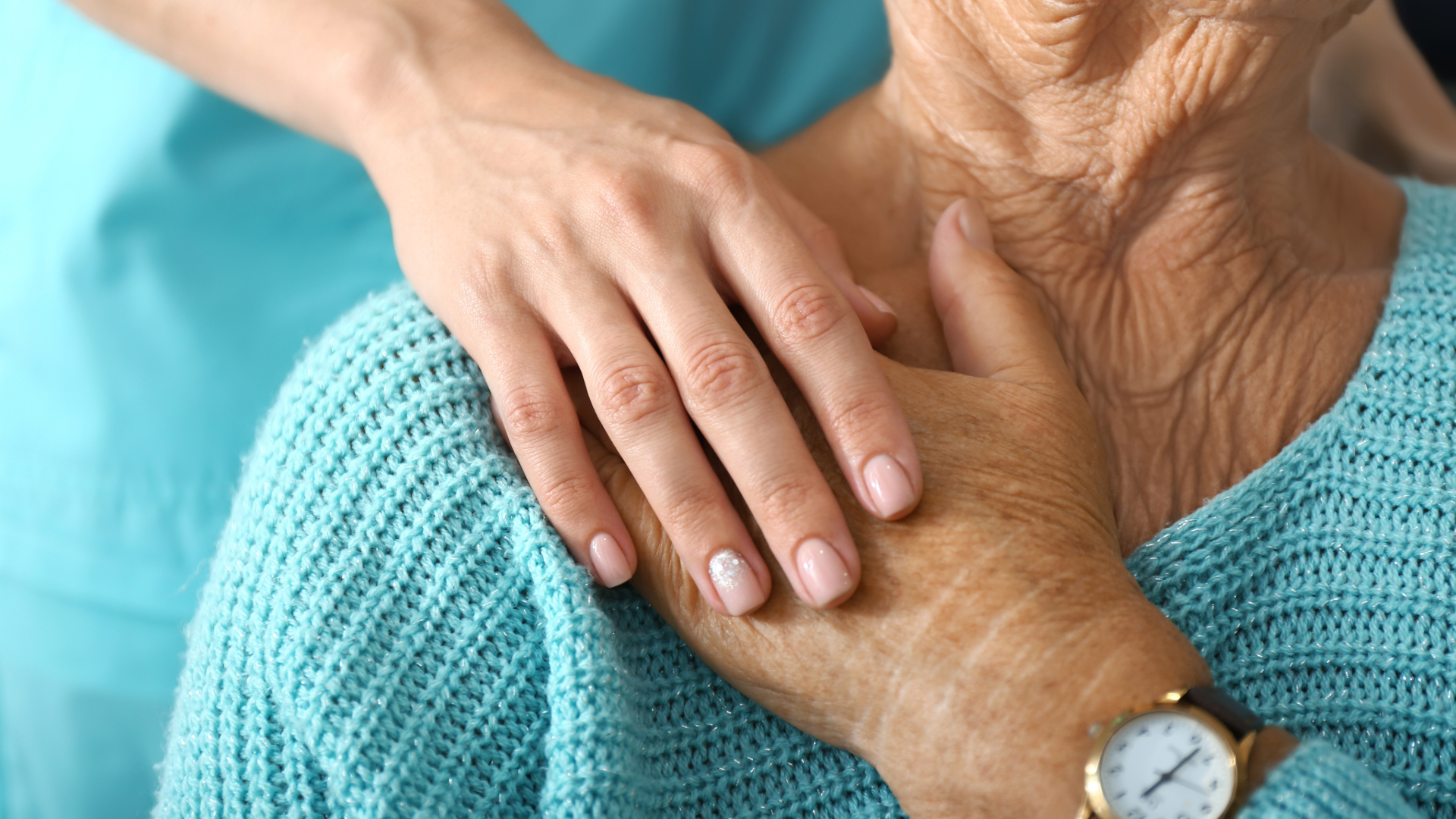OHE published new research today intended to inform the ongoing conversation around assisted dying in England and Wales.
- The latest available data estimates that 436,022 people in England needed palliative care in 2023, and this number is projected to increase.
- Across the UK, an estimated 7,329 people per year – or 20 people a day – die with no pain relief in the last 3 months of their life, even if the highest levels of palliative care are available to patients.
- There is a 15% increase between 2019 to 2023 in the number of people dying in completely unrelieved pain, even at the highest standards of palliative care in England.
- Investment into funding high quality end-of-life care should be a crucial component of the conversation around assisted dying in England and Wales.
New research by the Office of Health Economics (OHE), intended to inform the ongoing conversation around assisted dying in England and Wales, finds that an estimated 7,329 – or 20 people a day — die in unrelieved pain across the UK, even assuming they have access to the highest standards of palliative care.
In reality, however, out of 436,022 people with palliative care needs in 2023, only 4.7% of patients received this ‘gold standard’ of care. Therefore, the number of people in palliative care dying in unrelieved pain is likely to be significantly higher than our conservative estimates.
OHE’s latest research builds on methodology from a 2019 OHE study, commissioned by Dignity in Dying, that investigated unrelieved pain in palliative care in England.
In the last five years, new data has become available which allows us to update our figures. Our new analysis shows that:
- The number of people requiring palliative care in England has increased by 15% between 2019 to 2023, from 378,427 patients in 2019 to 436,022 patients in 2023.
Of these palliative care patients, 25.3% are estimated to have unmet pain needs, even at the highest levels of palliative care available, and using the most conservative of estimates. This suggests the true number is likely to be much larger. - There was a larger % of deaths at home in 2023 in England compared to 2019.
This trend is likely to continue, raising pressing questions about how the healthcare system should prepare for changing levels of demand. - Even assuming hospice-level care (assumed to be the highest standard of palliative care available), 6,104 people in England will die with their pain not at all relieved in the last 3 months of their lives.
An extrapolation based on the latest mortality statistics for other UK nations finds that 7329 people – or 20 people a day – across the UK will die without any pain relief in the last 3 months of their lives.
These findings assume that end-of-life patients in the UK all have access to the best standard of care across settings. However, we know that with the UK’s growing ageing population and the rising prevalence of progressive, comorbid illnesses, there is a widening gap between the number of people needing palliative care and those that are able to access it.
Professor Graham Cookson, Chief Executive of the Office of Health Economics and co-author of the research says
“As the national conversation around assisted dying legislation progresses, it’s crucial that we have a better understanding of the current state and scale of palliative care in England and across the UK.
Our research finds that even assuming the highest standards of care, there remains a group for whom no amount of pain relief will ease their suffering in the last few months of their life.
However, the reality is that there is an increasingly widening gap in access to palliative care, and this number is only projected to grow, across settings, over the years. The true number of people dying in unrelieved pain in the UK is likely to be much higher than our conservative estimate.
It’s therefore critical that whichever conclusion this week’s parliamentary debate reaches, a focus on increased funding towards high-quality palliative care and a particular emphasis on pain management should be a key consideration in the discussion around assisted dying in England and Wales.”
OHE’s latest research on palliative care can be found online here: Latest estimates show that 20 people a day die in unrelieved pain across the UK at the end of their lives – OHE
This research is independently funded by the OHE.
– ENDS –
Notes to editors
About OHE
With over 60 years of expertise, the Office of Health Economics (OHE) is the world’s oldest independent health economics research organisation. Every day we work to improve health care through pioneering and innovative research, analysis, and education.
As a global thought leader and publisher in the economics of health, health care, and life sciences, we partner with Universities, Government, health systems and the pharmaceutical industry to research and respond to global health challenges.
As a government–recognised Independent Research Organisation and not–for–profit, our international reputation for the quality and independence of our research is at the forefront of all we do. OHE provides independent and pioneering resources, research and analyses in health economics, health policy and health statistics. Our work informs decision–making about health care and pharmaceutical issues at a global level.
All of our work is available for free online at www.ohe.org
–
This research is independently funded by the OHE.
Our charitable objects can be found online at Governance – OHE
Contact
For further details, including high-resolution photos, or to arrange a briefing or interview please contact:
Lishani Ramanayake
Media and PR Officer,
Office of Health Economics
